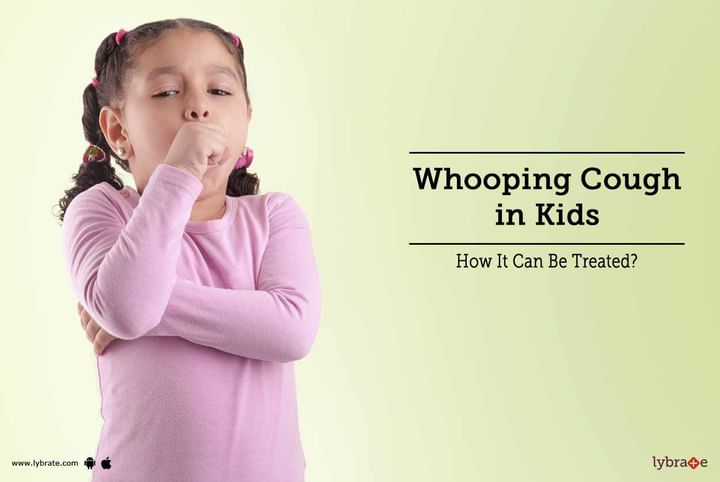Whooping Cough in Kids - How It Can Be Treated?
Whooping Cough (another name for Pertussis) can be termed as an infection to the respiratory system caused by the bacterium Bordetella Pertussis (B. pertussis). It generally affects infants (below one year of age) and who have not yet been immunized; also kids between 11 to 18 years of age whose immunity graphs are on a downward spiral.
What are the Signs and Symptoms?
Initially, whooping cough produces signs and symptoms that may just seem to overlap with those exhibited during the average cough and cold; mild coughing, sneezing, runny nose, low fever, etc. These persist for about a week or two and then slowly, there is the onset of the dry, irritating cough which again turns to prolonged coughing spells. The child’s face may seem flushed with a purple hue. The child may also vomit or make the distinctive whooping sound at the end of one such spell. Breathing difficulty can be another issue.
What is the Diagnosis?
The doctor performs an initial check-up followed by tests of mucus sample from the nose or throat. The mucus is checked for the presence of the Bordetella pertussis bacteria. To make a more thorough diagnosis, a blood test is also advisable.
What is the Treatment?
Hospitalisation might be required in case of acute distress. Respiratory support may also be provided if required. If there is intense dehydration, intravenous (IV) fluids may also be administered. As this disease is on account of a bacterial infection, antibiotics will be needed. But these will just treat the immediate effects and the cough cannot be completely done away with.
What can be the Possible Complications?
The possible immediate complications include:
- Brain Damage
- Pneumonia
- Convulsion
- Haemorrhaging in the brain
What can be the Prevention?
Vaccination is needed in order to prevent whooping cough. The vaccines are advised to be administered at the age of two months, four months and six months respectively. The 1st booster dose is to be given at 16 to 18 months age and 2nd booster dose is given on 5 year completion of age. An optional booster may be given at 10 year age. If you wish to discuss about any specific problem, you can consult a general physician.



+1.svg)
